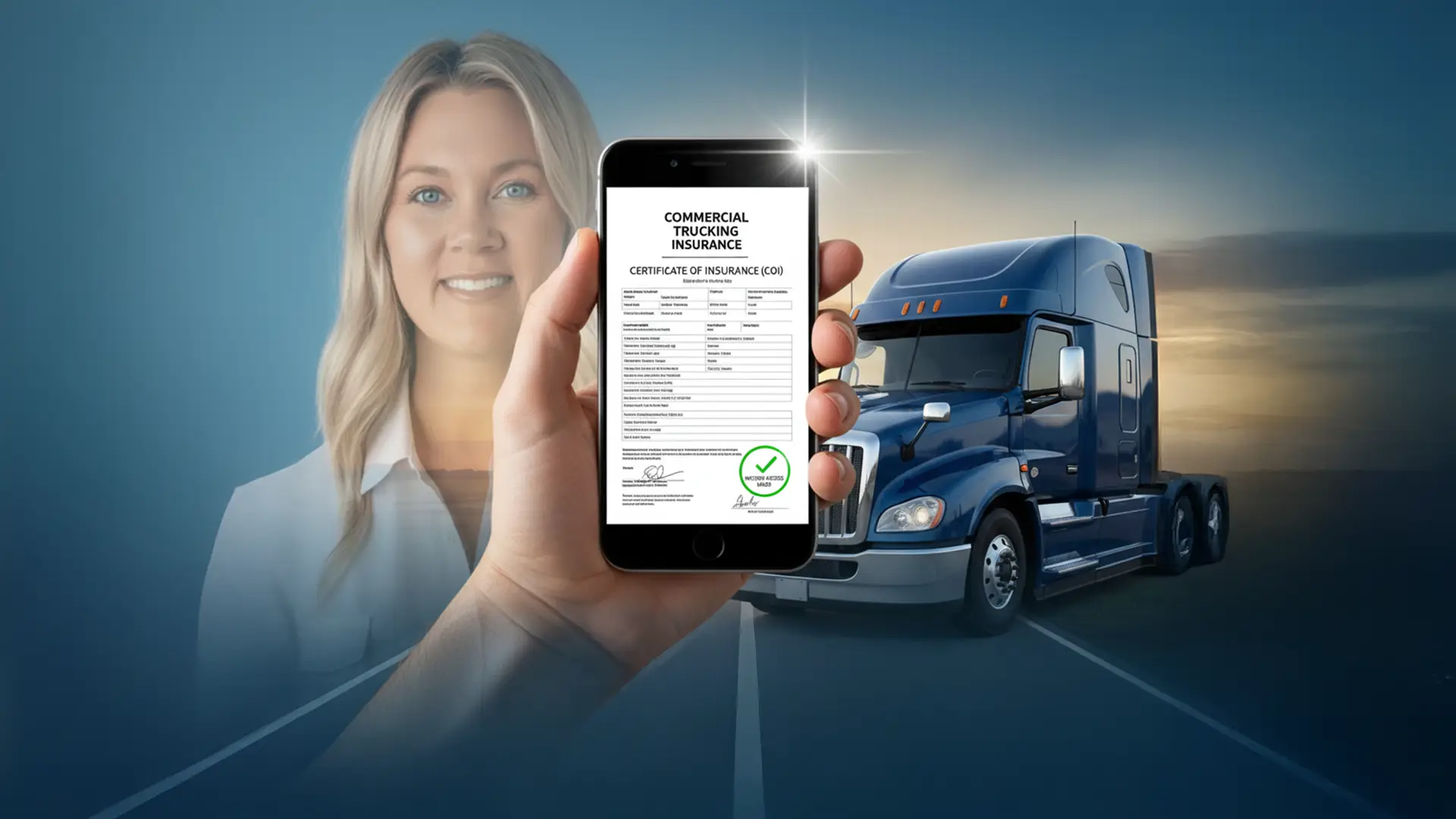Updating the Federal Motor Carrier Safety Administration (FMCSA) MCS-150 form is a critical task for businesses in the transportation industry. This form is essential for maintaining FMCSA safety compliance, ensuring accuracy, and keeping detailed records of the commodities a carrier transports. One of the most crucial aspects of updating the MCS-150 is correctly checking and reporting the commodities. Here’s why this step is of paramount importance.
1. Regulatory Compliance The MCS-150 form is not just a formality; it is a requirement set by the Federal Motor Carrier Safety Administration (FMCSA). Accurate reporting of the commodities transported is essential to comply with federal regulations. Incorrect information can lead to fines, penalties, or even the revocation of operating authority. By ensuring that commodity information is correct, carriers can avoid unnecessary legal issues and maintain their standing with regulatory bodies.
For more on staying compliant, see our guide on FMCSA MCS-150 filing requirements.
2. Safety Considerations Different commodities come with varying safety requirements and risks. For instance, transporting hazardous materials necessitates specific handling procedures and compliance with stringent safety regulations. By accurately reporting the commodities, carriers can ensure that they are adhering to the appropriate safety measures, reducing the risk of accidents, spills, or other dangerous situations. This not only protects the carrier’s employees but also safeguards the public and the environment.
3. Accurate Insurance Coverage Insurance providers often base their coverage and premiums on the types of commodities a carrier transports. If a carrier inaccurately reports the commodities on their MCS-150, they may find themselves underinsured in the event of an incident involving unreported goods. This can lead to significant financial losses and liabilities. Correctly checking and updating commodities ensures that the carrier has adequate insurance coverage tailored to the specific risks associated with their operations.
4. Enhanced Operational Efficiency Correctly identifying and reporting commodities can improve operational efficiency. When carriers have a clear understanding of the types of goods they transport, they can better manage their logistics, optimize routes, and allocate resources more effectively. This not only leads to improved service delivery but also enhances overall profitability by reducing unnecessary costs.
5. Building Credibility and Trust Accurate reporting on the MCS-150 helps establish a carrier’s credibility in the marketplace. Clients and partners are more likely to trust a carrier that maintains accurate and transparent records regarding the commodities they transport. This trust can lead to stronger business relationships, more opportunities, and ultimately, a more successful operation.
6. Facilitating Market Analysis For carriers looking to expand or adapt to changing market conditions, having accurate data on the commodities transported is vital. It allows carriers to analyze market trends, assess demand for specific products, and make informed decisions about which commodities to focus on in the future. This strategic approach can position a carrier favorably in a competitive market.
Conclusion In conclusion, the importance of correctly checking commodities when updating an MCS-150 cannot be overstated. From regulatory compliance and safety to operational efficiency and market credibility, the implications of accurate reporting are far-reaching. Carriers must prioritize this aspect of their operations to safeguard their business, protect their employees, and maintain a positive reputation in the transportation industry. Regular training and updates for staff involved in the MCS-150 process can further enhance accuracy and compliance, ensuring that all aspects of transportation operations run smoothly and effectively.
Get Your Free Quote
Fill out the form below and we'll get back to you shortly.



